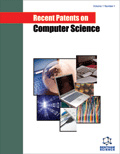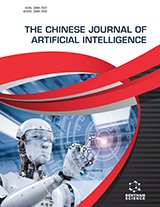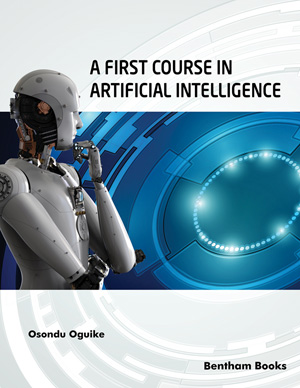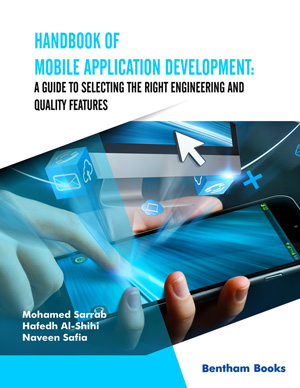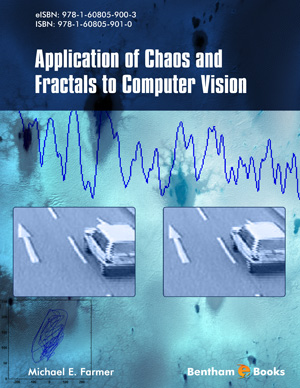Abstract
Today, the coronavirus has widely affected the entire world. In late 2019, a
virus with the pandemic potential was reported in the city of Wuhan, situated on the
mainland of China. In no time, the virus had spread all over the world, multiplying
from person to person. Undoubtedly, COVID-19 has become an important research
topic, and many research works are coming forward daily. Thus, COVID-19 patient’s
detection has become the most personified research for the researchers. CT scanning
has been an important and widely used approach for detecting COVID-19 patients. In
this work, the identification of COVID-19 patients is performed using two different
deep neural network methods. For the image accession, the dataset having 746 samples
was used. The entire dataset has been bifurcated into two different classes, i.e.,
COVID-19 and non-COVID-19. COVID-19 class contains samples of the COVID-19
positive cases, whereas the non-COVID-19 class contains the sample of COVID-19
negative cases. In total, 506 images are used for training purposes, whereas 240 images
are used for validation. The identification is performed using MobileNet-V2 and
Modified LeNet5 convolutional neural network (CNN) models having a fixed number
of convolutional and fully connected layers. The term modified is added before the
LeNet architecture because an extra convolutional layer was created for the experiment.
As per the details and requirements, the architecture for Modified LeNet was designed,
whereas, for the MobileNet-V2, it is imported from predefined libraries and is used
further as per the author’s need. After the successful completion of the experiment, it
has been found that the accuracy of MobileNet-V2 and Modified LeNet5 came out to
85.86%, and 84.38%, respectively.
Keywords: COVID 19, CT Screening, Deep learning models, LeNet5, MobileNet-V2



